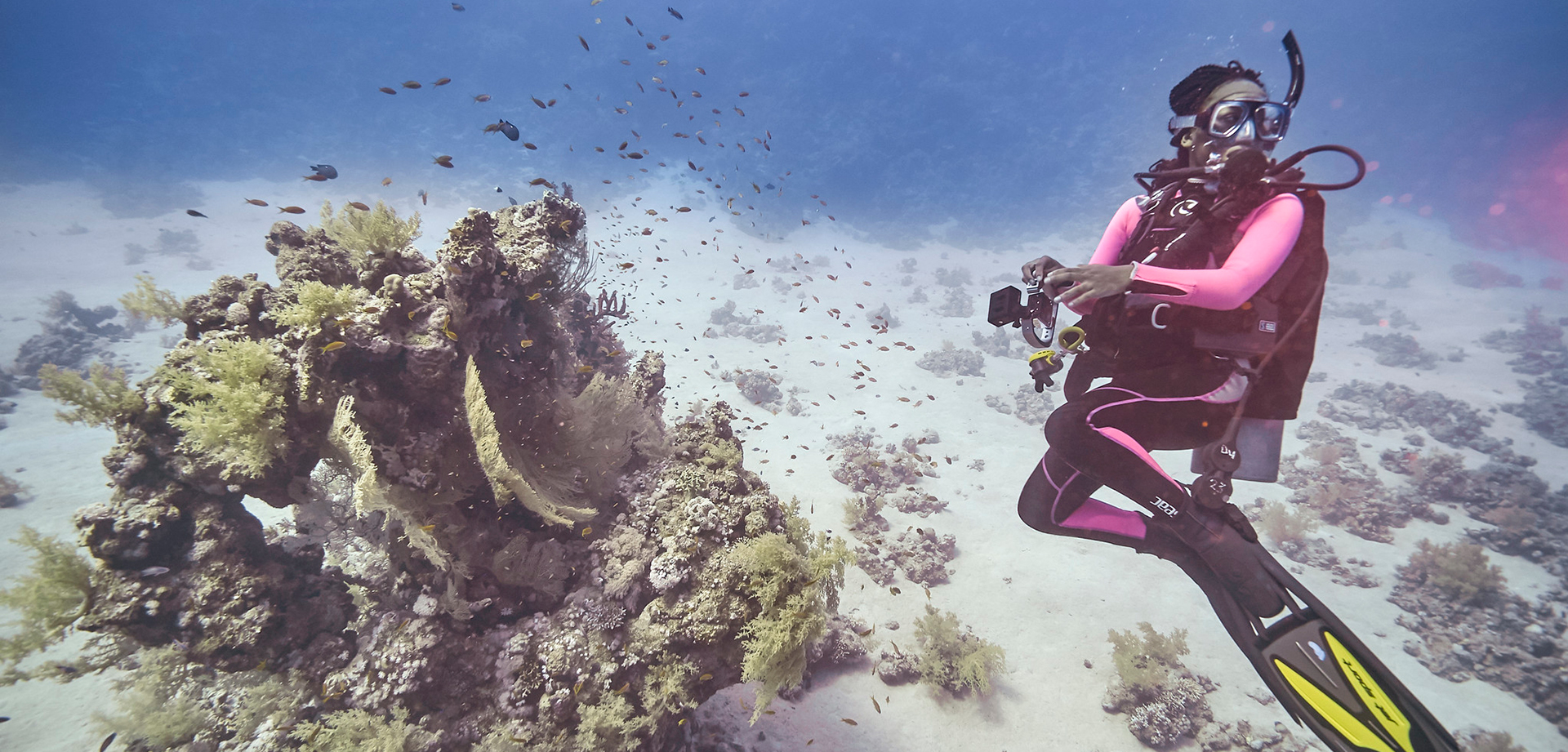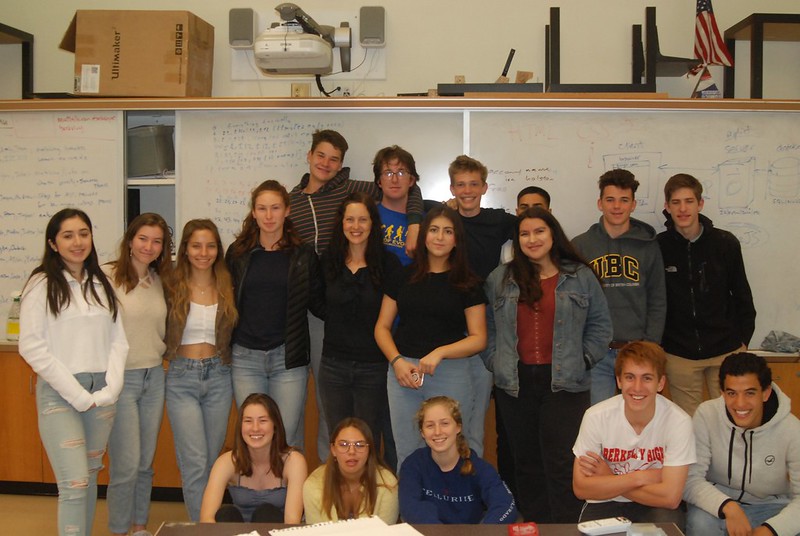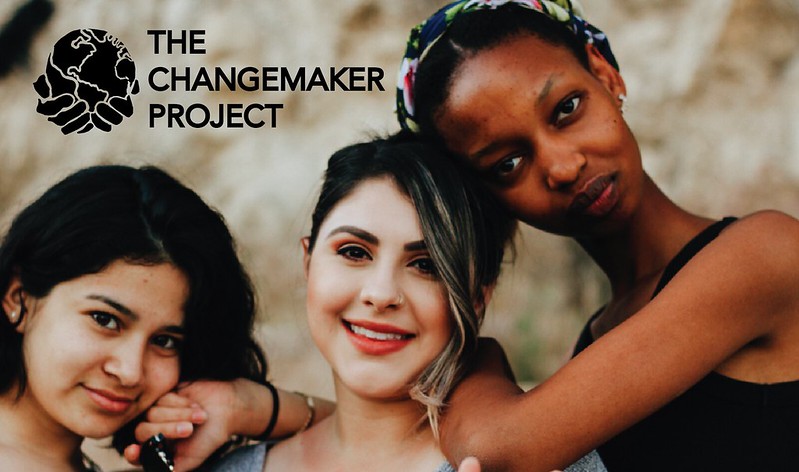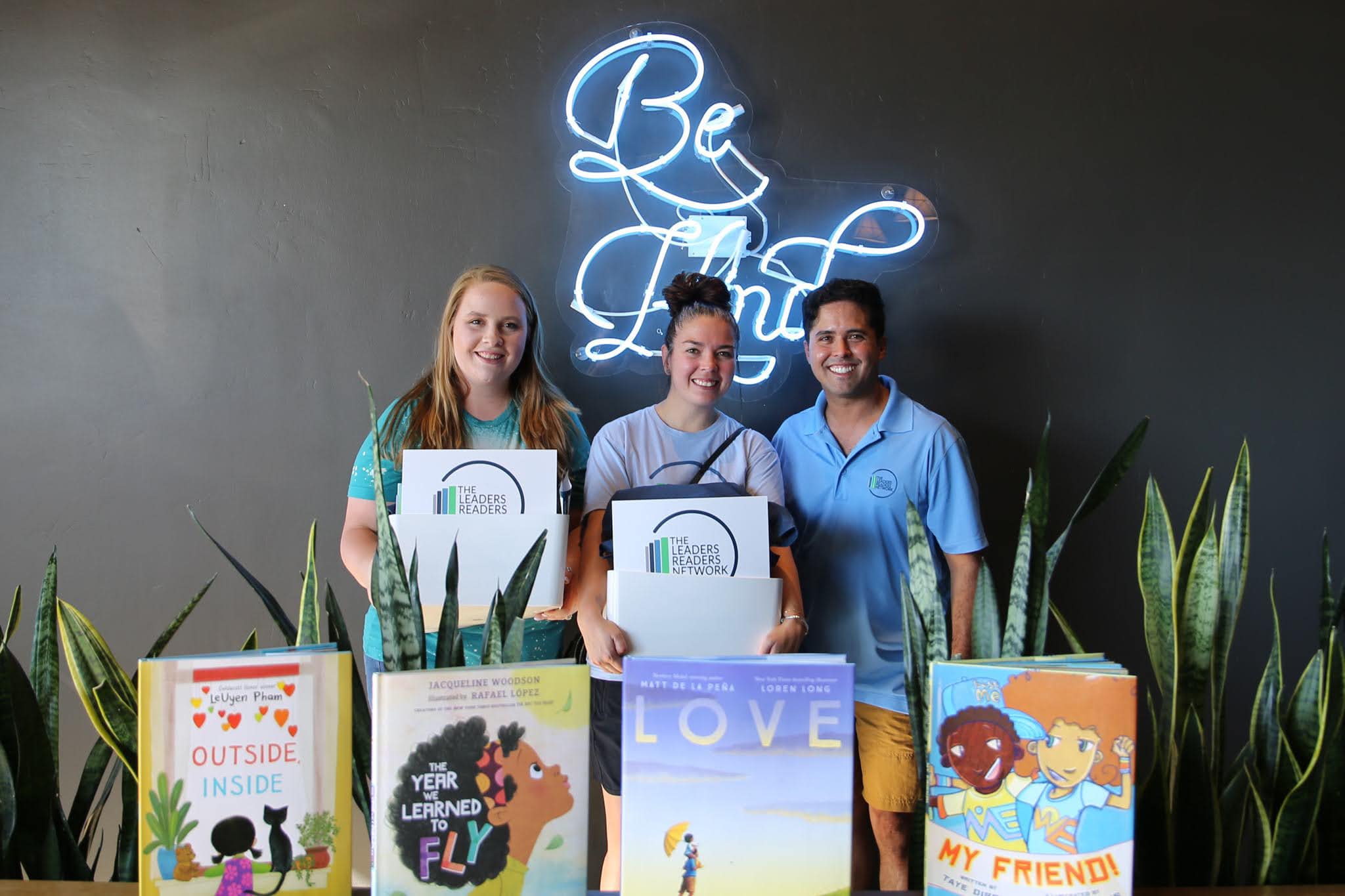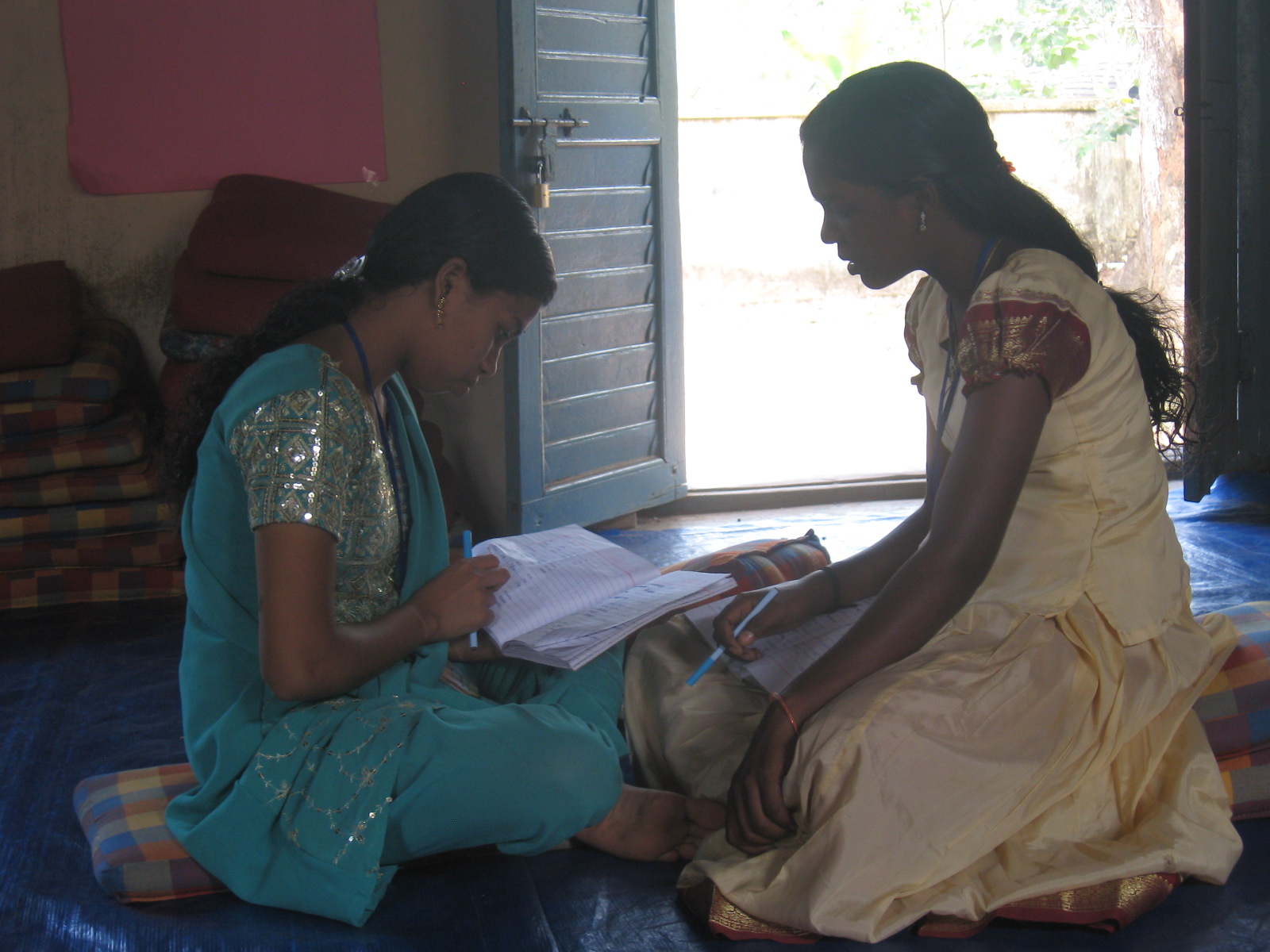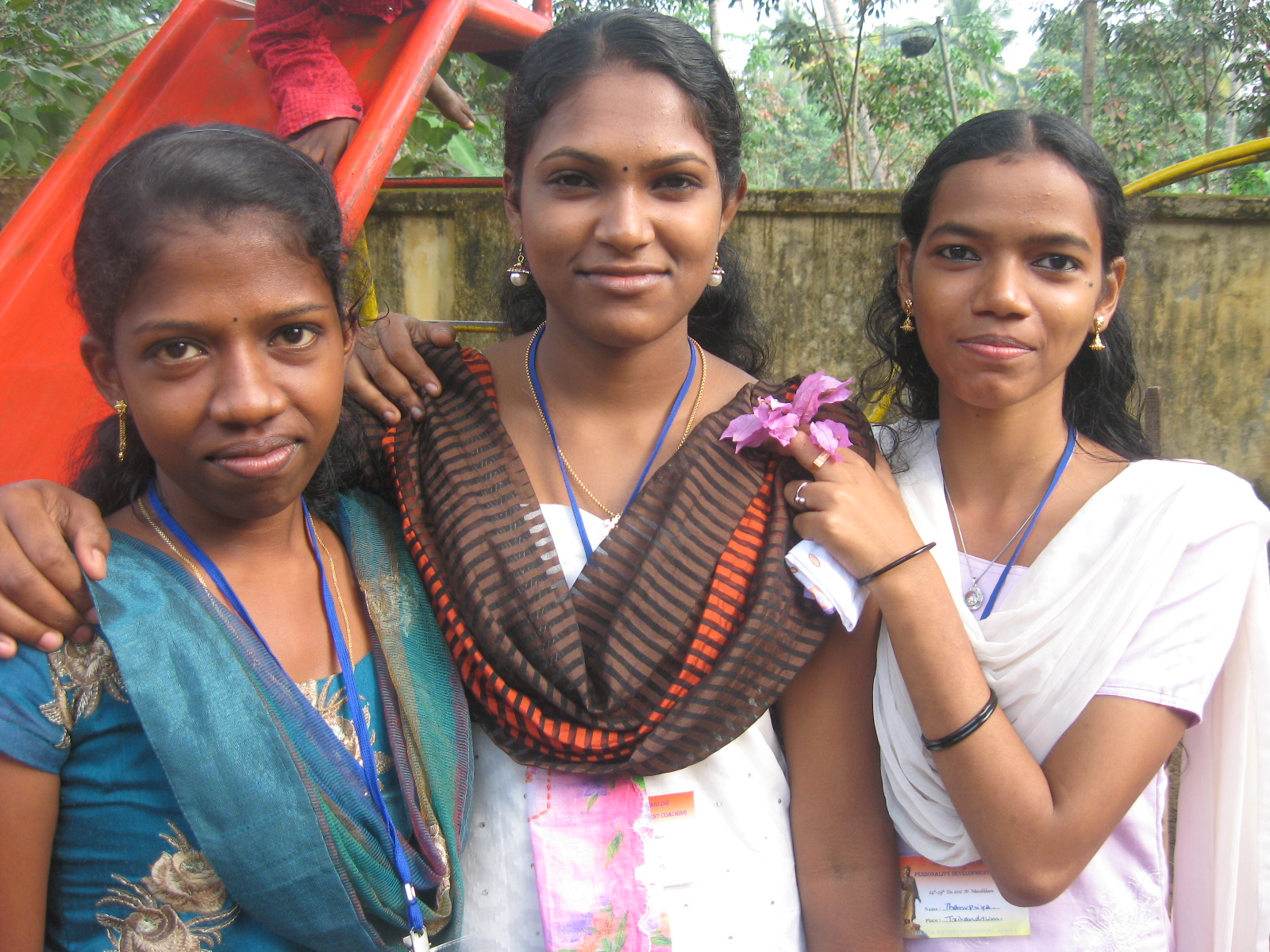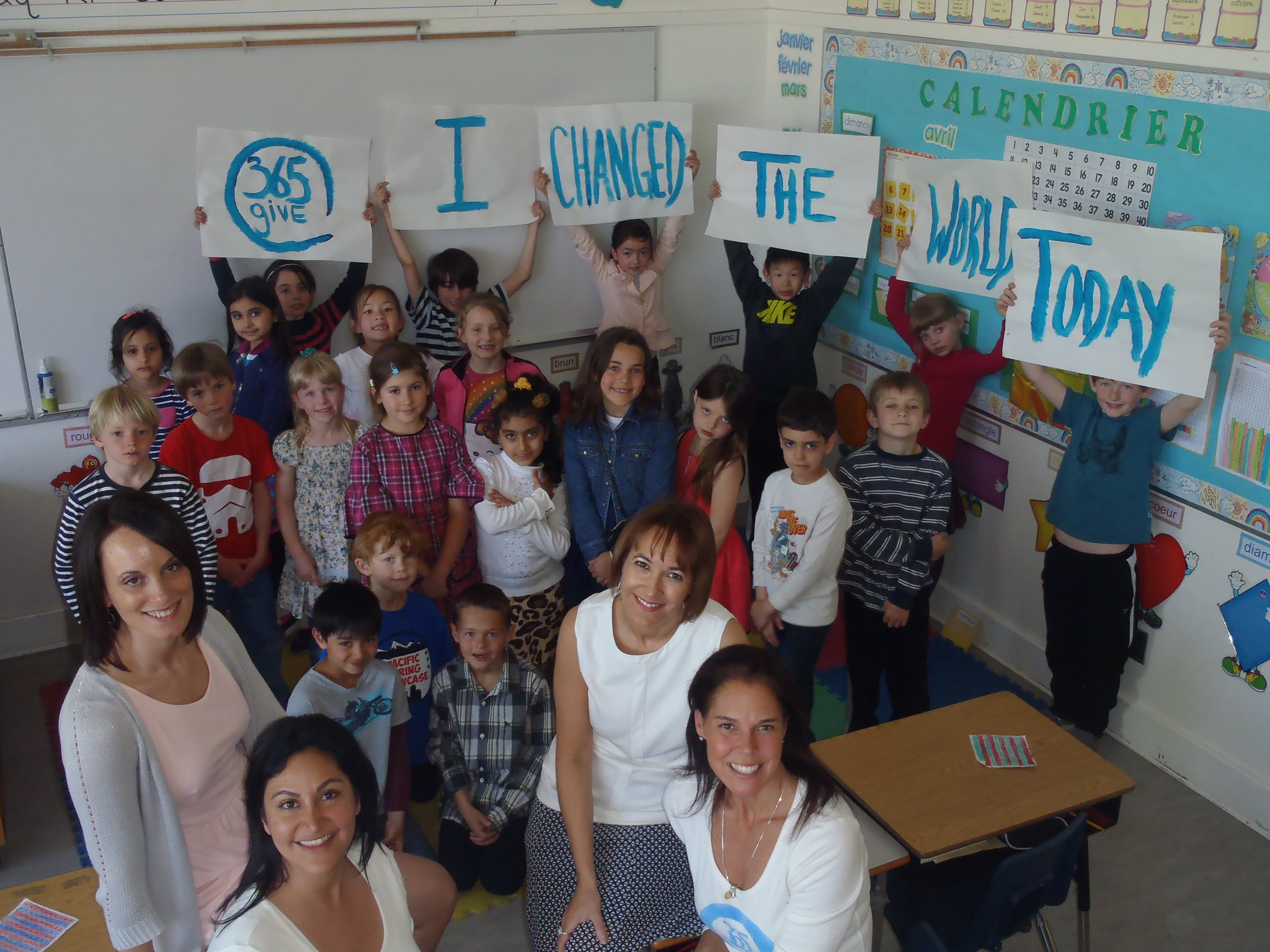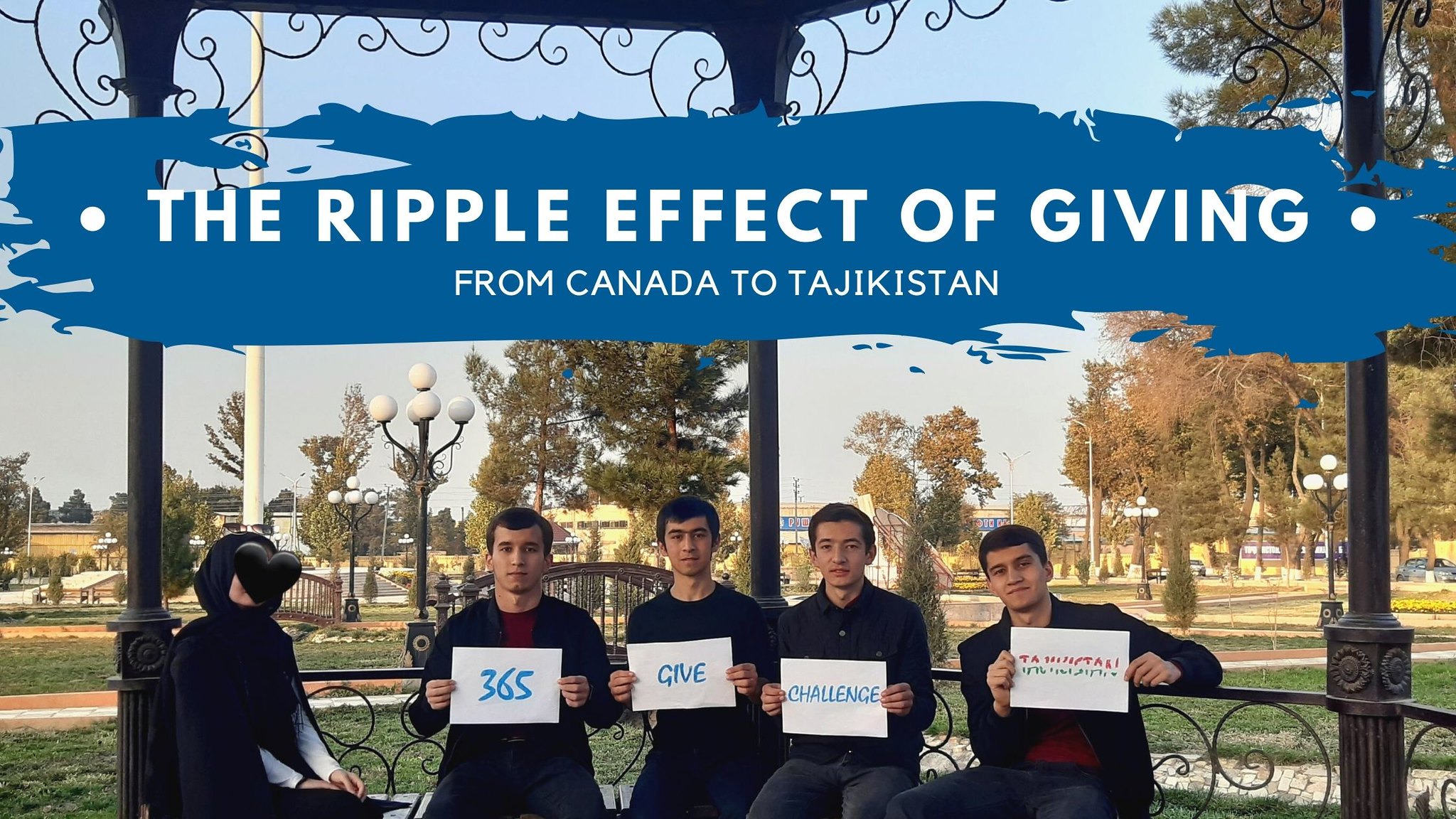Our Work in
Education & Access
to Opportunity
Nevada Winrow
The Black Girls Dive Foundation, founded in 2017 by mother-daughter duo Dr. Nevada Winrow and Taylor-Symon Winrow, is an eco-step, ocean-science-based STEM program that supports girls as young as nine, following them through to college. There are few women in STEM and even fewer minority women, and this program is the first of its kind fighting to empower young Black women to find a home in the STEM workforce.
In 2017, the organization received their first grant supporting their STEM program in Maryland. In 2019 and 2020, TPP followed up with an impact grant.
Today, we are happy and proud to see the impact of our grants :
- New Chapters in Georgia, New Jersey, and Delaware.
- Partnerships with Federal Agencies such as NOAA.
- Served over 245 youth including girls from Cook Island, Samoa and Fiji.
- 200+ STEM classes provided.
- Domestic and internationally led SCUBA capstone expeditions to Key Largo, Florida, Egypt, and the Bahamas.
AnnaLise Hoopes
“When we received the Pollination Project grant, I was thrilled. I was so grateful to find an organization that believed in our mission. It gave us the seed funding to get this off the ground.”
AnnaLise Hoopes founded The Changemaker Project because she believes in the power of young people to change the world. Through TCP’s online curriculum, high school students around the world learn about social justice issues affecting people, animals, and the environment, and create innovative solutions using Design Thinking. The program culminates in a Global Pitch event, where teams compete to have their world-changing ideas funded and brought to life. TCP empowers young people to see a problem in the world and say, “I can solve that. I have what it takes to be a changemaker.”
The TPP grant in 2018 helped the initiative to get off the ground. To date, they’ve empowered nearly 2,000 youth in over 30 countries to learn about social and climate justice issues and design innovative solutions.
Chris McGilvery
“I vividly remember receiving my first grant of $1,000 with TPP in December 2013. I finally realized someone believed in my work. It gave me the motivation, inspiration, and love to keep going…I don’t think I would be able to be where I am today without the love of so many at TPP and the financial support.”
Chris McGilvery is an educator, connector, and kindness crusader. He served as grant advisor at The Pollination Project and is a grantee himself.
In 2013, Chris received a grant for his Give More Hugs project, which later evolved into The Leaders Readers Network , a nonprofit dedicated to equalizing access to quality education by empowering teachers and students to serve their community. Every year, they provide books, school supplies, leadership development, and encouragement and support to students in need.
In 2020, TPP awarded LRN an Impact Grant. As of today, Chris’s organization is making a big difference:
- 267,500+ books distributed
- 76 teacher ambassadors
- 437,500 youth volunteer hours
- 53+ school districts served
- 3,000+ trained+mentored middle school, high school, and college students
- a feature in the New York Times
Arun Boudh and Dayamudra Dennehy
“Our experience with TPP has been a wonderful opportunity to grow a small program in a sustainable way, responsive to the needs on the ground…”
Blossom Projects is an educational residence for young women who have dropped out of school in Kerala, South India, where they can continue their academic study and develop confidence. The students served by this academic program are oppressed due to gender, poverty, and caste. They are not encouraged to study and often lose motivation and confidence. Many drop out of school and find low-paying menial work or get married at a young age. At Blossom Projects, these female students reside full-time in a supportive environment, where they develop their own unique academic and creative talents. Their curriculum emphasizes communicative English, public speaking, computer skills, the arts and academic mastery. They receive the encouragement they need to return to their studies and address the problems in their families and communities, with innovation and creativity.
They received a TPP grant in 2018 and an Impact grant in 2019 that provided more exposure to their work, connected them with other individuals and groups leading inspiring educational projects, and gave credence to their work, which helped them secure more financial support.
Today, Blossom Project is still active and thriving and so far has enrolled and supported over 1,200 students. Their 2021-2022 program saw a 100% pass rate. They have seen incredible success in their programs year after year. After graduating from any of the tracks (intensive literacy, high-school extended, summer and winter camps) their students re-enroll in the state school system, join vocational training, or land a job.
Jacqueline Way
365give inspires people to create a better, happier world by developing a habit of giving — one person, one give, one day at a time. What started as a fun parenting project with Mom, Jacqueline Way and her son Nic, has now turned into a global giving movement. 365give provides a school-based program, the 365give Challenge, as well as a daily giving plan for families, clubs, individuals and businesses. Their online platform unites people from around the world with a simple premise – it starts with one person, one small give, one day at a time — together, it ripples into one massive wave of global good making a collective impact.
TPP supported their #Do1Give Day Initiative in 2019-2020. #Do1Give Day is 365give’s annual giving day inspiring small acts of giving across the world. In schools, they encourage the day as a Youth Leadership program. They use social media to spread the world and have people join from all over the world to make the #Do1Give Day promise. In 2020 #Do1GIve Day fell in April when the world shut down due to COVID-19. They were able to pivot the program to become completely virtual for schools and on social media. This one-day event inspired 30k small acts of giving and over 100k engagement on social media
From there, 365give implemented programs and touched the lives of thousands of people and animals all over the world. As of today, the project inspired over 600,000 acts of kindness all over the world.
Everyone deserves the
right to an education.

